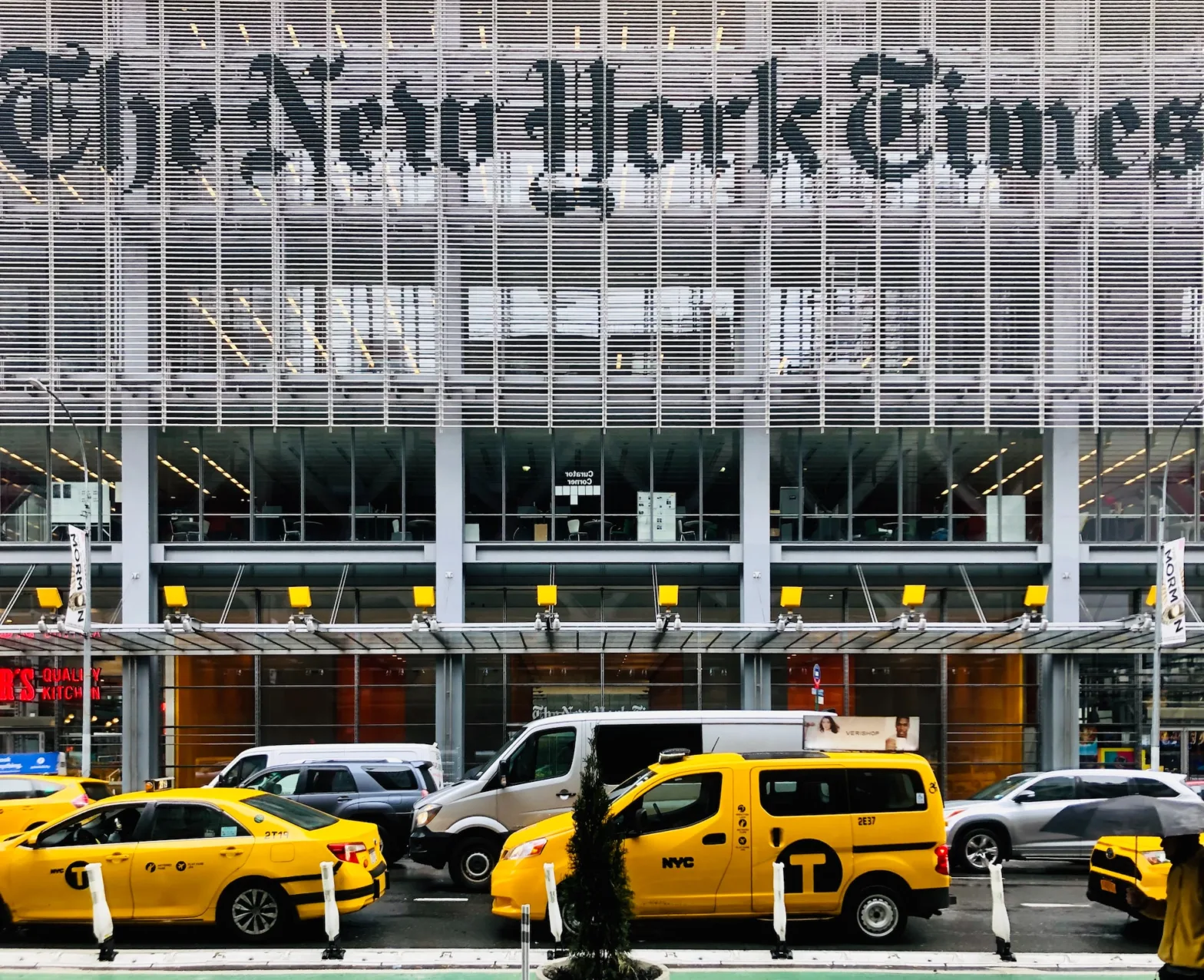As per a leaked memo, the NY Times has fired artists to be replaced with AI. For context, it was the company that was against generative AI.
Well, it seems the New York Times is playing a delightful game of “Do as I say, not as I do.” While suing OpenAI for allegedly munching on their copyrighted content, they’re also giving their own artists the boot, supposedly in favor of AI. Talk about a plot twist worthy of a Pulitzer!
The hypocrisy is real.
The paper’s union isn’t thrilled, calling this a classic case of prioritizing pennies over people and quality. And let’s be real, cutting the art department by more than half is a gut punch, especially during a time when AI is already making artists sweat.
But wait, there’s more! The Times claims the artists were offered buyouts and that AI wasn’t the reason. Yet, they won’t deny using Claro, their fancy AI-powered image software. Hmm, sounds a bit fishy, doesn’t it?
The news was reported first in Futurism.
The union is fighting back, arguing that AI can’t hold a candle to the NYT’s award-winning human artists. And let’s face it, replacing the folks who make the paper visually stunning with a robot is just plain cruel. It’s like swapping out a Michelin-star chef for a microwave meal.
The irony is just delicious.
This whole situation is a glorious symphony of hypocrisy. The NYT is suing OpenAI for copyright infringement while simultaneously using their tech to replace human workers. It’s like a chef suing a food critic, then secretly ordering takeout from their restaurant.
This isn’t just about the NYT, it’s a glimpse into the future. AI is the faster option for everything. Sure, it’s cheap, but at what cost? As AI takes over, we risk losing the human touch, the creativity, and the quality that makes art, journalism, and so much more truly special.
As a user comments on Reddit, companies are already downsizing artists (and writers) when the people in sales decide they’d rather do bad work with AI instead of using the professionals the clients are actually paying for.
So, while the NYT battles it out in court, remember this: AI might be efficient, but it’s not a substitute for the real deal. And if this trend continues, we might just find ourselves living in a world where everything is bland, predictable, and created by machines.

